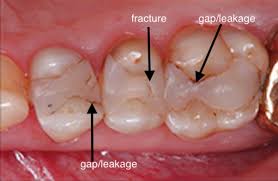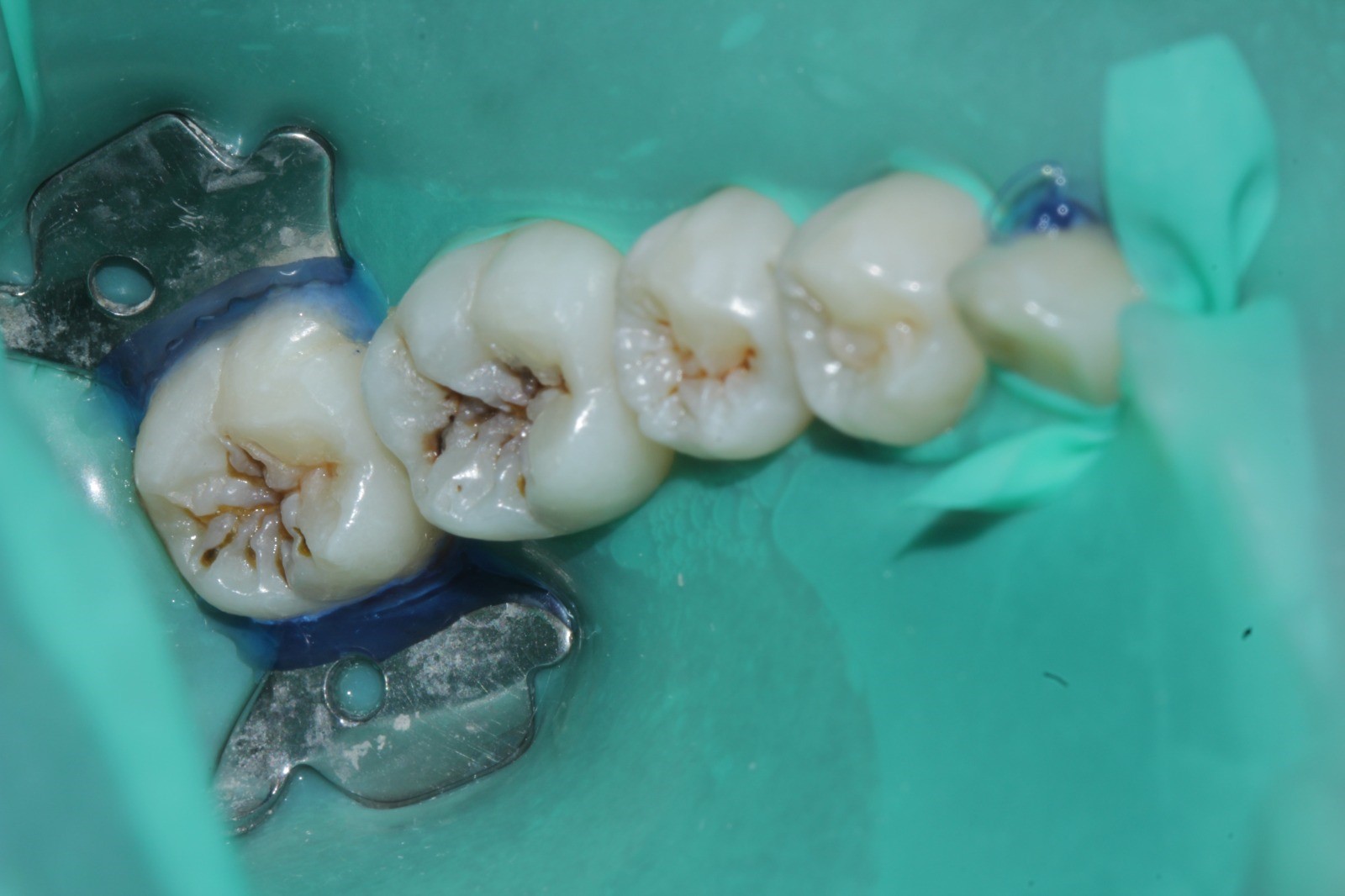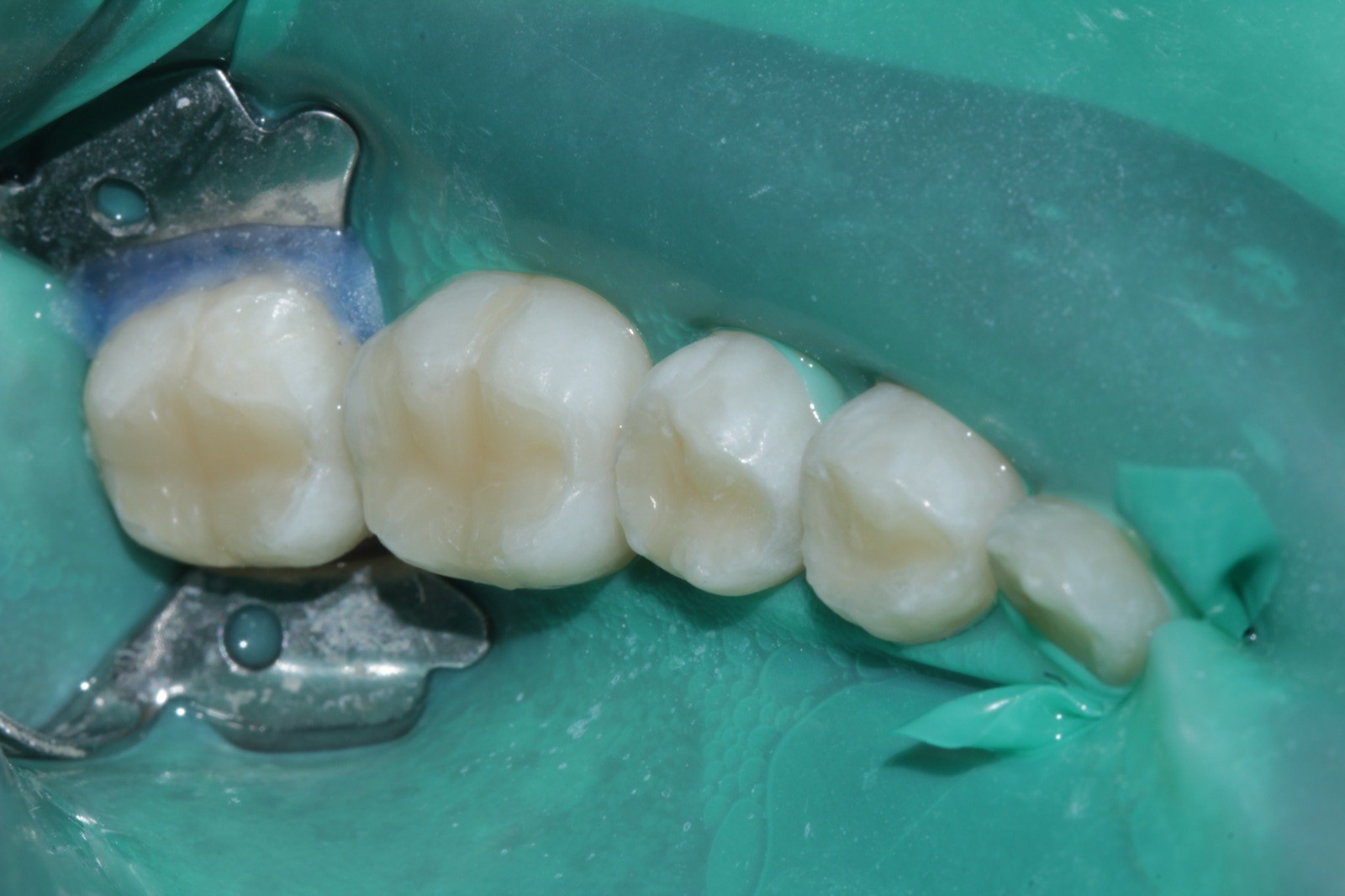HYPERSENSITIVE TEETH
What is Tooth Hypersensitivity?
Tooth hypersensitivity, also known as dentin hypersensitivity, is a common dental condition where one experiences sharp, sudden unbearable annoying pain in response to certain stimuli such as cold, hot, sweet, or acidic foods and beverages—or even during brushing or breathing in cold air. Mostly it will be due to the Unfilled tooth cavities (decays), or (non-decay type) tooth Erosions ,Attrition or Abrasion that are present on the Neck or the biting surface of the teeth. Advanced gum disease with root exposure might also be a cause of Hypersensitivity.
What Causes It?
Tooth sensitivity typically occurs when the underlying layer of the tooth (dentin) becomes exposed. This may happen due to:
- Worn enamel from aggressive brushing or acidic foods
- Gum recession, exposing the tooth roots
- Cracked teeth or worn fillings
- Tooth grinding (bruxism)
- Post-dental treatments (temporary sensitivity after fillings, cleanings, or whitening)
The exposed dentin contains microscopic tubules that lead to the nerve center of the tooth, causing pain when stimulated.
Common Symptoms:
- Sudden, sharp pain when eating or drinking something cold, hot, sweet, or sour
- Discomfort during brushing or flossing
- Sensitivity that may affect one or more teeth
Tooth Erosion– Scooped cavity present on the neck of the teeth due to frequent intake of acidic foods or due to stress (Abfraction)
Attrition– Generalised wearing of teeth on the biting surface due to aging
Abrasion– Localised wearing of teeth (mostly neck),commonly caused by improper tooth brushing
The common finding in all these conditions are tooth wear with loss of enamel , thereby exposing the inner Dentin layer with nerve endings. So, once if its exposed naturally one will have severe tooth sensitivity on Osmotic changes like cold and sweet foods.

Treatment – This varies according to the problem. Depending on the cause and severity, treatment may include:
- Desensitizing toothpaste
- Fluoride varnish or gel applications
- Dental bonding or sealants for exposed root surfaces
- Gum grafting for severe gum recession
- Crowns or Onlays
- Root canal treatment in extreme cases where the sensitivity is severe and persistent
Dental Caries (Decay) – Restoration of the decays and secondary decays (decay in already filled teeth due to aging of filling or improper filling) with appropriate filling.

Dental Erosion– The Cause for the acidic environment in the mouth (like drinking frequent acidic Cola drinks) has to be identified and the patient is instructed to stop or reduce them. Then the exposed Dentin is covered with suitable restorative material or it can be treated by Desensitising toothpaste, Gel or Mouthwash if the defect is very minimal.
Dental Abfraction– Scooped defects found on the neck of the teeth mostly due to stress. Have to treat the stress with life style modifications, like practicing yoga, followed by Tooth fillings and Bite Splinting (A rubbery or plastic like removable device to be worn at night time or stressful hours on upper or lower jaw teeth)
Dental Abrasion– Mostly caused by Improper Tooth brushing. The brush has to be changed from hard to medium or soft, Brushing technique has to be learnt from your dentist and then the Exposed Dentin has to be covered with Composites or Glass Ionomer Cements.


Dental Caries Composite Restoration
After treating the underlying cause and filling up or covering up of the cavitated and eroded areas, if one still has Hypersensitivity of tooth then a medicated Densensitising Gel or Mouthwash can be used as a course according to the Dentists advice. If the underlying cause for sensitivity cannot be identified or if multiple tooth has got mild to moderate tooth wear then Desensitising In-Office (Dentist Assisted) or At-home therapy can be started.Until the Underlying cause for Hypersensitivity is Diagnosed and the treatment is fully completed the person should not take foods that disturb the Exposed Dentin like Hot, Cold or Sweet. These foods are avoided to prevent the painful episodes of sensitivity and also not to interfere while doing the Desensitising treatment.
Preventive Tips:
- Choose the right brush
- Follow right Brushing Techniques
- Avoid acidic foods and drinks
- Visit your dentist regularly for checkups
When to See a Dentist?
If tooth sensitivity persists for more than a few days or interferes with your daily life, consult your dentist. Early intervention can prevent more serious dental issues and improve comfort.


